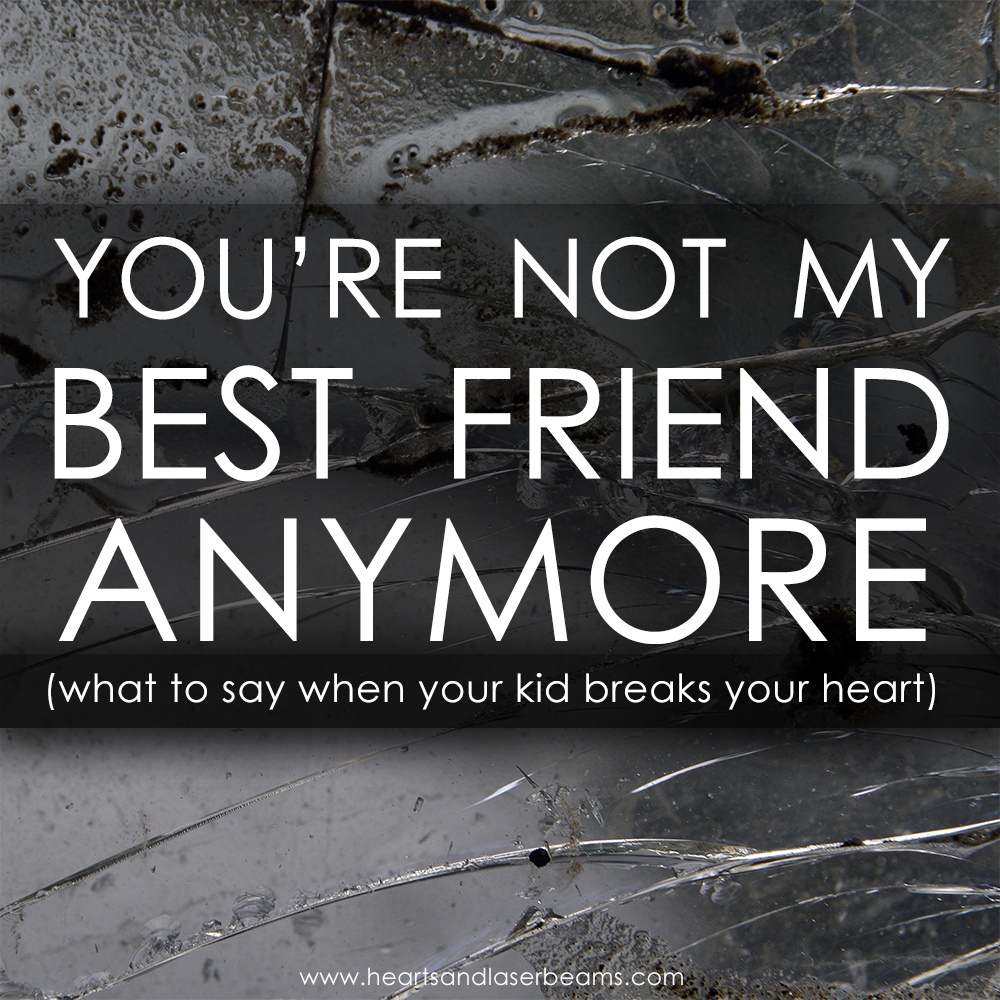Friendship is a cornerstone of social interaction and emotional support, yet there are instances when the bonds between friends fray. The feeling of drifting away from a friend can be unsettling. It’s not merely about disliking someone; it’s often a complex amalgamation of differing values, lifestyles, and expectations. So what does one do when they reach the conclusion, “I don’t like my friend anymore”? This article articulates a thoughtful approach to navigate this nuanced situation.
1. Acknowledge Your Feelings
The first step in addressing the situation is to recognize and validate your feelings. Displeasure, frustration, or even resignation are all normal emotional responses. Take time to introspect and understand what specifically has led to these sentiments. Are there certain behaviors or incidents that have fostered this emotional estrangement? Identifying concrete reasons can facilitate clearer communication later on. Try journaling your thoughts or discussing them with someone trustworthy to gain perspective.
2. Evaluate the Friendship
Once you’ve articulated your feelings, it’s time to undertake a thorough evaluation of the friendship. Consider the history between you and your friend. Has this connection been a source of joy, or has it devolved into a drain on your emotional resources? Assess the pros and cons of maintaining the friendship. Ask yourself questions like: “Is this person contributing positively to my life?” “Am I growing apart due to differing values?” This could reveal whether the friendship is worth salvaging or if it’s time to let go.
3. Revisit Communication
It’s crucial to communicate your feelings constructively. Consider having an open dialogue with your friend about your evolving sentiments. Choose a suitable environment for such a conversation—preferably between just the two of you, free from distractions. Articulate your thoughts without accusations; focus on personal feelings instead of placing blame. You might say something like, “I’ve felt a disconnect between us lately,” which invites a conversation rather than igniting defensiveness.
4. Set Boundaries
If the friendship feels toxic, setting boundaries becomes paramount. Defining what is acceptable behavior and what is not can help maintain your emotional well-being. This may involve limiting the time spent together or avoiding certain topics that strain the relationship. By establishing clear boundaries, you signal to your friend that while you value your time together, your well-being takes precedence.
5. Reflect on Shared Experiences
Sometimes revisiting the happier memories you’ve shared can shed light on whether the friendship is worth nurturing. Reflect on what drew you to this person initially. Was it shared interests, complementary personalities, or life experiences? Conduct this reflection without nostalgia clouding your judgment; instead, consider whether the current reality aligns with those past experiences. If the foundational aspects of your friendship have eroded, it may be time to reevaluate its viability.
6. Embrace the Drift
Friendships can undergo natural ebbs and flows. Sometimes, it is healthy to accept that drifting apart is a part of life’s progression. People change, and consequently, so do friendships. Allowing yourself to embrace this reality can liberate you from guilt. Recognizing this drift can pave the way for new connections that are more aligned with your current self. It’s essential to view personal growth as an evolving journey rather than a failure in your existing relationships.
7. Consider the Impact on Mutual Connections
If you share a broader social circle, breaking away from a friend may impact your relationships with others. Consider how your decision might affect mutual friends or shared activities. It’s prudent to navigate these waters thoughtfully. You may choose to discuss your feelings with mutual friends, but avoid gossip or drama. Maintaining respect for your friend’s dignity during this transition will reflect positively on your character.
8. Seek New Connections
As you thoughtfully sever ties or set boundaries with a friend, it’s an opportune moment to seek out new connections. Engage in activities that resonate with your interests to meet potential friends who share similar values. Join clubs or organizations, attend workshops, or participate in community events. The process of meeting new people can bring rejuvenation and a fresh perspective on friendships.
9. Prioritize Self-Care
During this emotionally charged time, self-care should take precedence. It’s essential to tend to your mental and emotional well-being. Engage in activities that uplift your spirit, whether through exercise, artistic endeavors, or simply spending time in nature. Being kind to yourself aids in navigating the complex emotions associated with friendships, ultimately contributing to healthier relationships in the future.
10. Allow Time to Heal
Finally, give yourself grace and time to process this transition. Healing from the loss of a friendship, whether it’s due to discontent or a natural drift, can take time. Emotions may fluctuate, and that’s entirely normal. What’s essential is to remain empathetic toward yourself and others involved. In time, clarity will emerge, whether in the form of renewed understanding or acceptance.
Ultimately, navigating the complexity of diminishing friendships involves a blend of introspection, communication, and self-awareness. Recognizing the signs that you no longer like your friend is the first step toward making informed decisions that benefit not only you but also the friend in question. Friendship is a mutually enriching experience, and when it ceases to be fulfilling, it’s imperative to acknowledge the imperative of change.

